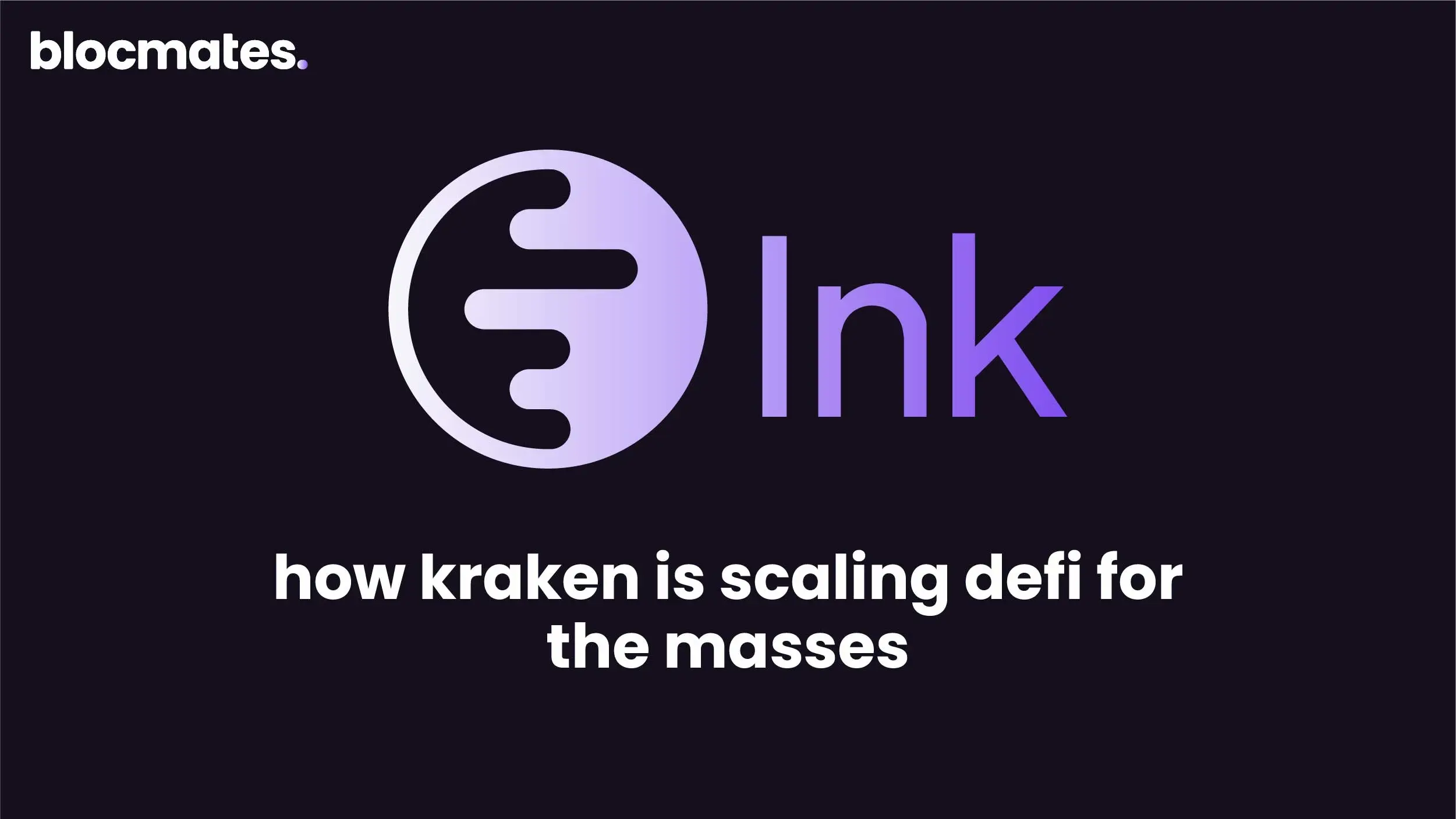Taiwan’s financial regulator, the Financial Supervisory Commission (FSC), has introduced draft regulations to tighten anti-money laundering (AML) measures within the cryptocurrency sector.
The drafted rules are part of a broader set of amendments made to existing laws back in July 2021 and aim to bring greater regulatory oversight to virtual asset service providers (VASPs).
Under the new requirements, these firms must complete AML registration by the end of September 2025.
Failure to comply may result in significant penalties, including imprisonment of up to two years and fines reaching NT$5 million (around $155,900).
All VASPs, whether or not they have previously declared compliance, are mandated to register in accordance with the new rules. The FSC noted in the announcement:
“It is also considered that after the VASP registration system takes effect, the current compliance statement system will be abolished simultaneously. Regardless of whether the industry has completed the compliance statement, it should be registered in accordance with the VASP registration regulations.
The Financial Supervisory Commission reminds those who want to engage in virtual assets Service providers should consider whether to wait until the registration system takes effect before submitting documents to avoid the hassle of having to reapply under different regulations within a short period of time.”
Notably, the new regulations are set to take effect on January 1, 2025.
New AML Measures: What the Regulations Entail
The FSC’s new measures are part of a concentrated effort to address financial crime risks posed by cryptocurrencies, which have grown rapidly both in Taiwan and globally.
According to the FSC the regulation mandates service providers to handle “money laundering prevention registration respectively according to the business categories they operate, including virtual asset exchangers, trading platforms, transfer providers, custodians and underwriters.”
Additionally, service providers should provide “documents and procedures for application for registration.”
The authority added that this will include: “time limit for starting business and procedures for terminating business, reasons for non-registration and cancellation or annulment procedures for changing application documents.”
It is worth noting that this upcoming new rule follows the country’s earlier move in June this year to consult crypto industry association authority to come up with its own rules.



































.webp)

.webp)
.webp)

%20(1).webp)



























































%202.webp)


.webp)

.webp)
.webp)
.webp)

.webp)
.webp)

.webp)
.webp)
.webp)


.webp)
.webp)










.webp)


.webp)









.webp)







.webp)




.webp)


























.webp)







.webp)















.webp)

.webp)
.webp)

.webp)














.webp)

.webp)


.webp)








.webp)




